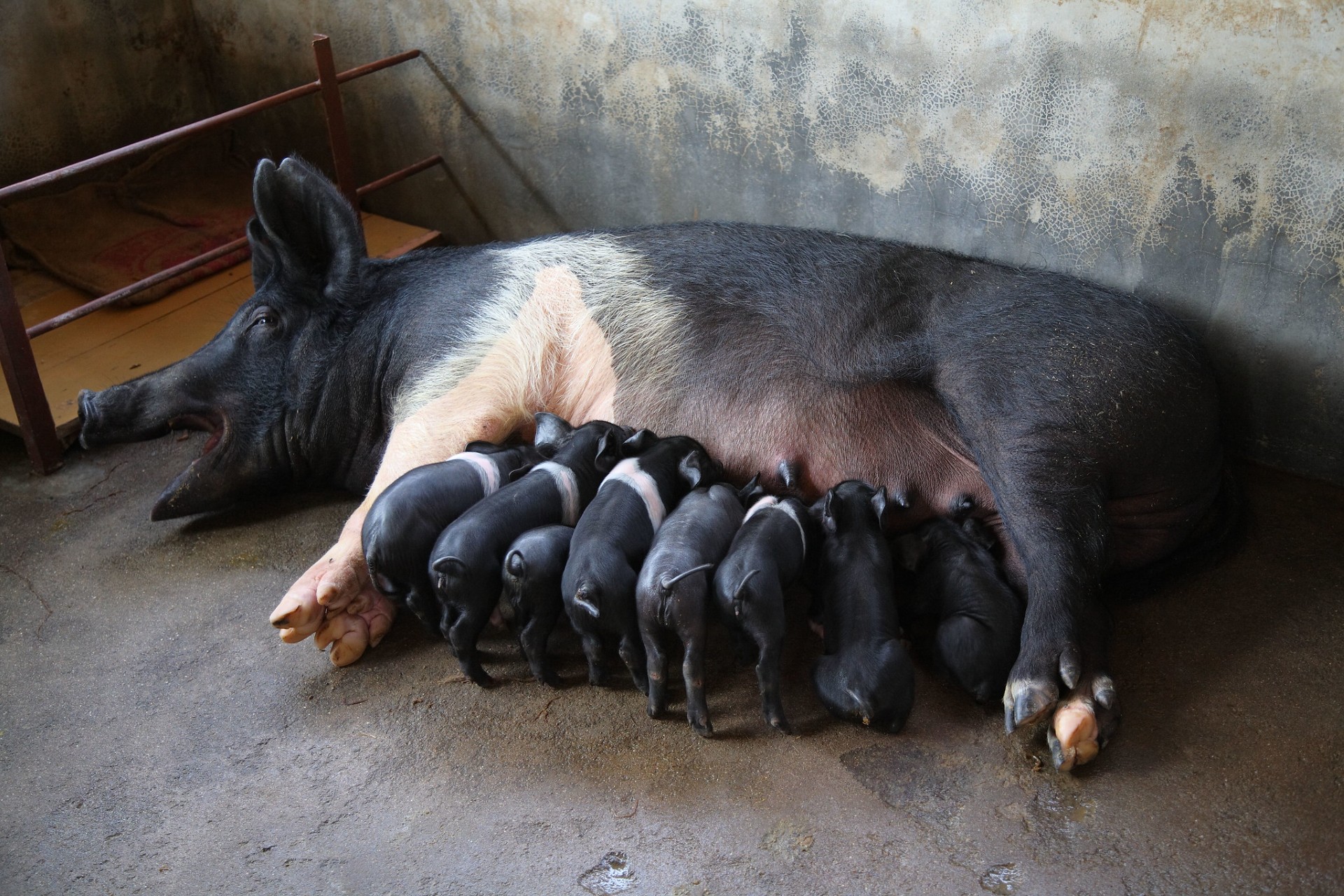
Universal African Swine Fever Vaccine unlikely, scientists warn after trials » Capital News
NAIROBI, Kenya, Aug 27 – Scientists are warning that African Swine Fever (ASF) cannot be controlled with a single global vaccine, after new findings showed a promising candidate provided strong protection against some strains of the virus but failed against others.
The study, conducted by the US Department of Agriculture’s Plum Island Animal Disease Center and the International Livestock Research Institute (ILRI) in Nairobi, tested a commercial vaccine candidate, ASFV-G-ΔI177L, against virus strains collected from different parts of Africa.
The results revealed three distinct outcomes: pigs vaccinated and exposed to the same strain remained healthy; about 80 percent survived when exposed to a different strain from Ghana; but the vaccine offered no protection against strains from Malawi, Kenya, South Africa, and Uganda, despite triggering immune responses.
The findings raise concern for smallholder farmers in East Africa, where pig keeping is a vital source of food and income, particularly for women and youth.
ASF, a highly contagious and fatal disease, has repeatedly wiped out herds in the region, undermining food security and livelihoods.
Globally, no licensed commercial ASF vaccine exists, and outbreaks have caused massive economic losses.
In Asia and Europe, entire pig industries have been devastated, while in North America the disease remains a looming threat, with the swine sector valued at billions of dollars annually.
Starkly different outcomes
Researchers say the results expose the limitations of classifying ASF viruses based on a single gene, which has traditionally guided vaccine development.
Two viruses with identical markers produced starkly different outcomes in vaccinated pigs, pointing to the need for a more comprehensive genetic classification system.
“Although much further corroborative experimental work is needed, the classification developed will likely be the only available rational approach for deciding vaccination procedures to control and manage ASFV outbreaks,” said USDA scientist Manuel Borca.
ILRI Senior Scientist Anna Lacasta added that a universal vaccine is unlikely to succeed.
“We need targeted vaccines aligned with the regional virus biotypes to maximize protection and control outbreaks. There is need to support the development and licensing of vaccines based on circulating ASFV biotypes,” she said.
The study underscores the urgent need for region-specific vaccines and continued investment in livestock research to shield farmers from the devastating losses caused by ASF.